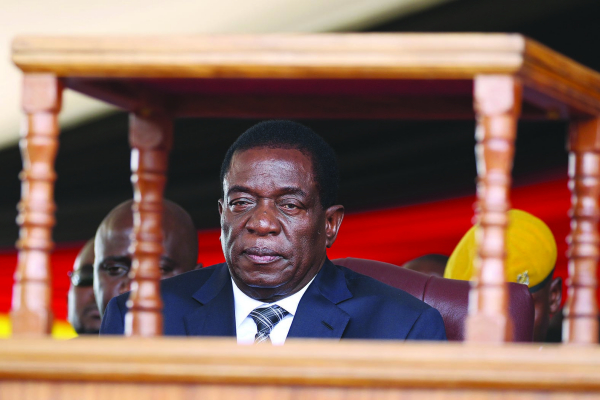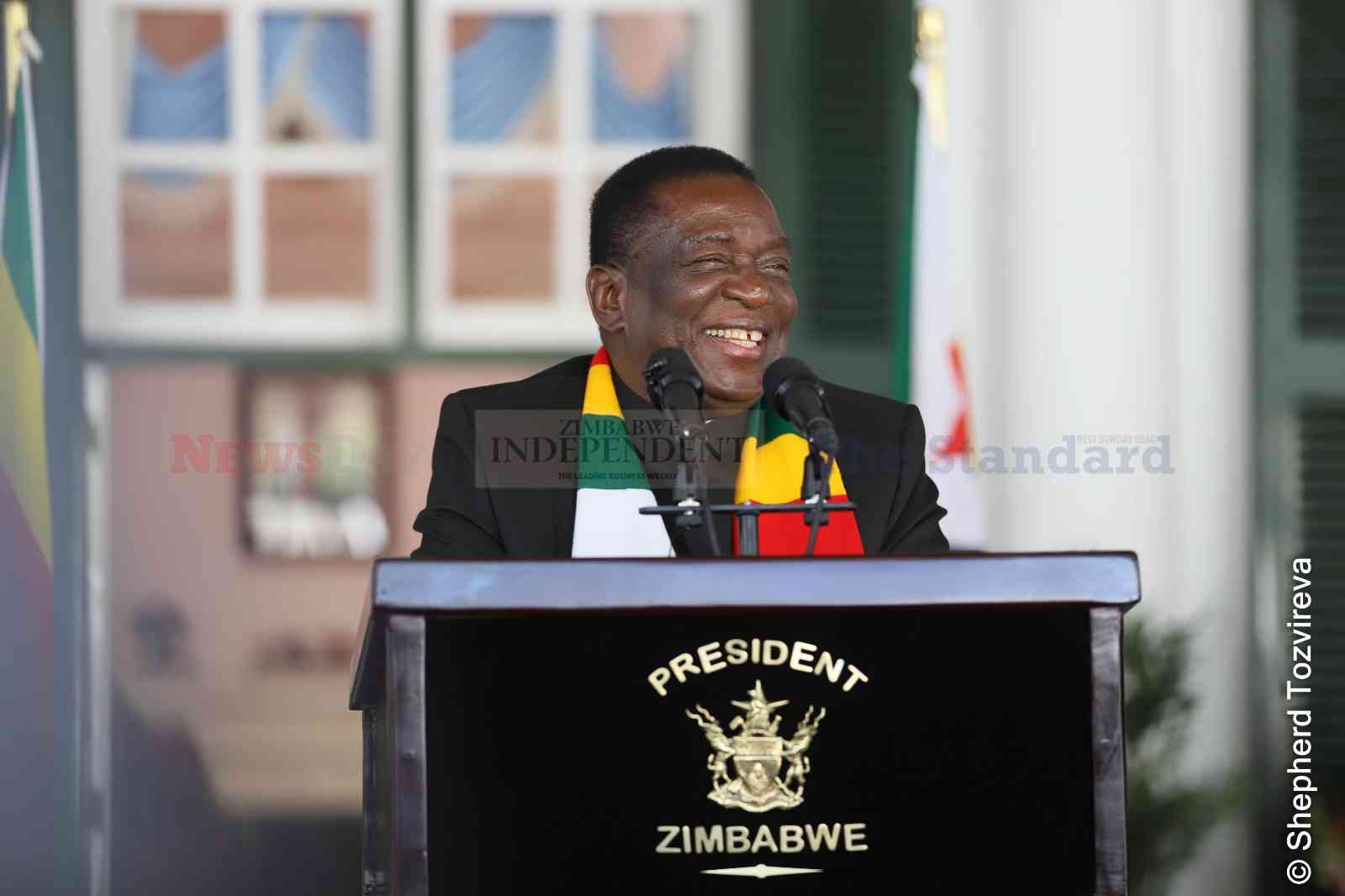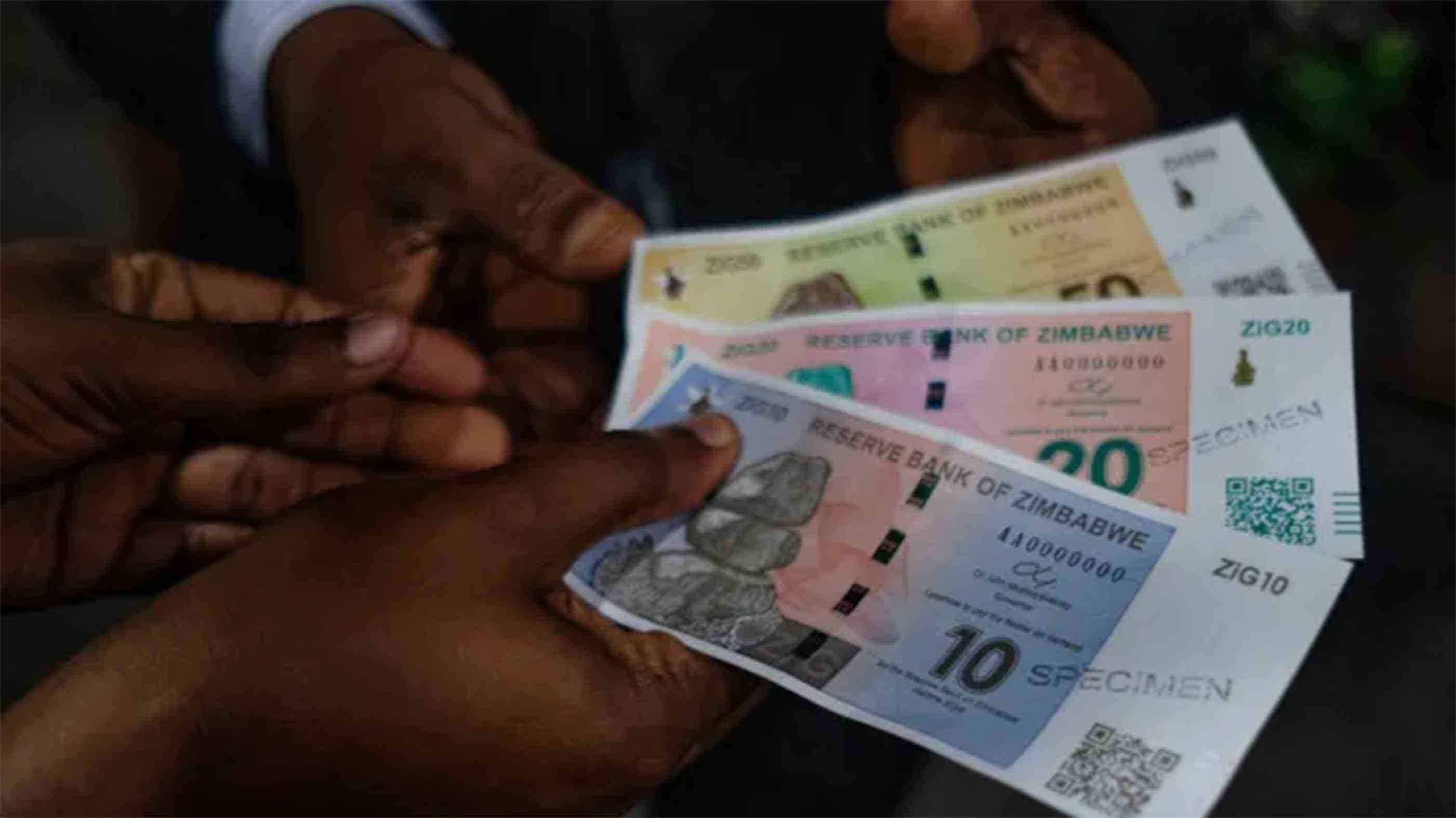
guest column Gus Manatsa
“IN a world of conspicuous institutional failure, one entity that still offers some important lessons for the practice of governance is Singapore.” [Kent Calder]
Zimbabwe is experiencing a structural regression, with an acceleration of de-industrialisation and economic informalisation. Whether he denies it or not, President Emmerson Mnangagwa has been part of the leadership that led to this economic regression.
Worse still, Mnangagwa is presiding over unprecedented confusion, economic meltdown and violence we haven’t seen in many years. These challenges are caused by difficult economic problems, including infrastructure and regulatory deficiencies, policy uncertainty, and insufficient formal employment.
We can see the glaring mistake done by the current President, who recently appointed government leadership based on party loyalty, tribal lines or connectedness. Instead, the President should have picked the best citizens to help him run the country.
Unfortunately, we are seeing a bunch of individuals whose combination of financial mismanagement, disrespect of the law and business ignorance can only be their venality. For comprehensive success, Zimbabwe needs exceptional leadership. This means a team led by an inspirational leader of the Second Republic, ably supported by shrewd economic architects and roving philosophers. This exceptional team will implement exceptional policies.
Zimbabwe has massive land and natural resources. But this country has been transformed into a land of villages, rundown urban areas and an endless shortage of basic commodities. Basic economic freedom, which is a very important component of total freedom, has been taken away, resulting in an exodus of Zimbabweans into the diaspora. This trend is accelerating at an alarming rate under the current regime.
High taxes, excessive capital restrictions, foreign currency shortages and restrictive immigration policies have made Zimbabwe one of the most unfriendly places on earth to its diasporans. Unlike most progressive countries, Zimbabwe lacks liberal policies, free trade, low tariffs and non-tariff barriers. While it takes months to start a business in Zimbabwe, one can have a company running in Singapore in three hours, and less than a day in New Zealand.
- Chamisa under fire over US$120K donation
- Mavhunga puts DeMbare into Chibuku quarterfinals
- Pension funds bet on Cabora Bassa oilfields
- Councils defy govt fire tender directive
Keep Reading
For a complete transformation, Zimbabwe needs a leader who understands the politics of this diverse country – someone who can put together the laws that create a stable and peaceful place that makes it a magnet for national, regional and international investors.
No amount of publicity stunts will create a shortcut to this rationale.
The leader must believe that Zimbabwe’s development and growth is tied to the shared values of its different ethnic, political and religious groups. Unless he changes, Mnangagwa currently has too much baggage to be a uniter and statesman par excellence who can command the respect of all.
The “tichingotonga” mantra the President continues to boast about shows that he has failed to transform into a national leader guided by pragmatism.
Pragmatism means that a country does not try to reinvent the wheel or charter expensive planes for endless trips to nowhere. The country needs good smart researchers in the President’s office. No matter what problem the country encounters, somebody, somewhere, has solved it. Let us copy the solution and adapt it to Zimbabwe.
Copying best practices are something any country can do. However, implementing “honesty” is the hardest thing to do. Corruption is the single biggest reason why most Third World countries have failed. The greatest weakness of Zimbabwe’s founding fathers was that they were ruthlessly dishonest, and this includes Mnangagwa. They failed and still fail to see that being shrewd and cunning is more than sloganeering.
Transformation dictates that the new leader is willing to keep the government small, efficient and honest — qualities absent and foreign to Mnangagwa and his Zanu PF. With 20 Cabinet ministers, 13 deputy ministers and nine provincial ministers, two Vice-Presidents, the size of the Executive is nowhere near the word lean.
Compare this to the United States which has 15 Cabinet ministers, Germany has 14, Japan 19, Kenya 20, and China 26. The US has a population that is 21 times bigger than Zimbabwe’s, China is 92,4 times bigger.
How then does one justify 29 ministers and 13 deputy ministers? A lean government makes it easy to do business with. I have personally witnessed the nightmare of dealing with a bloated government.











